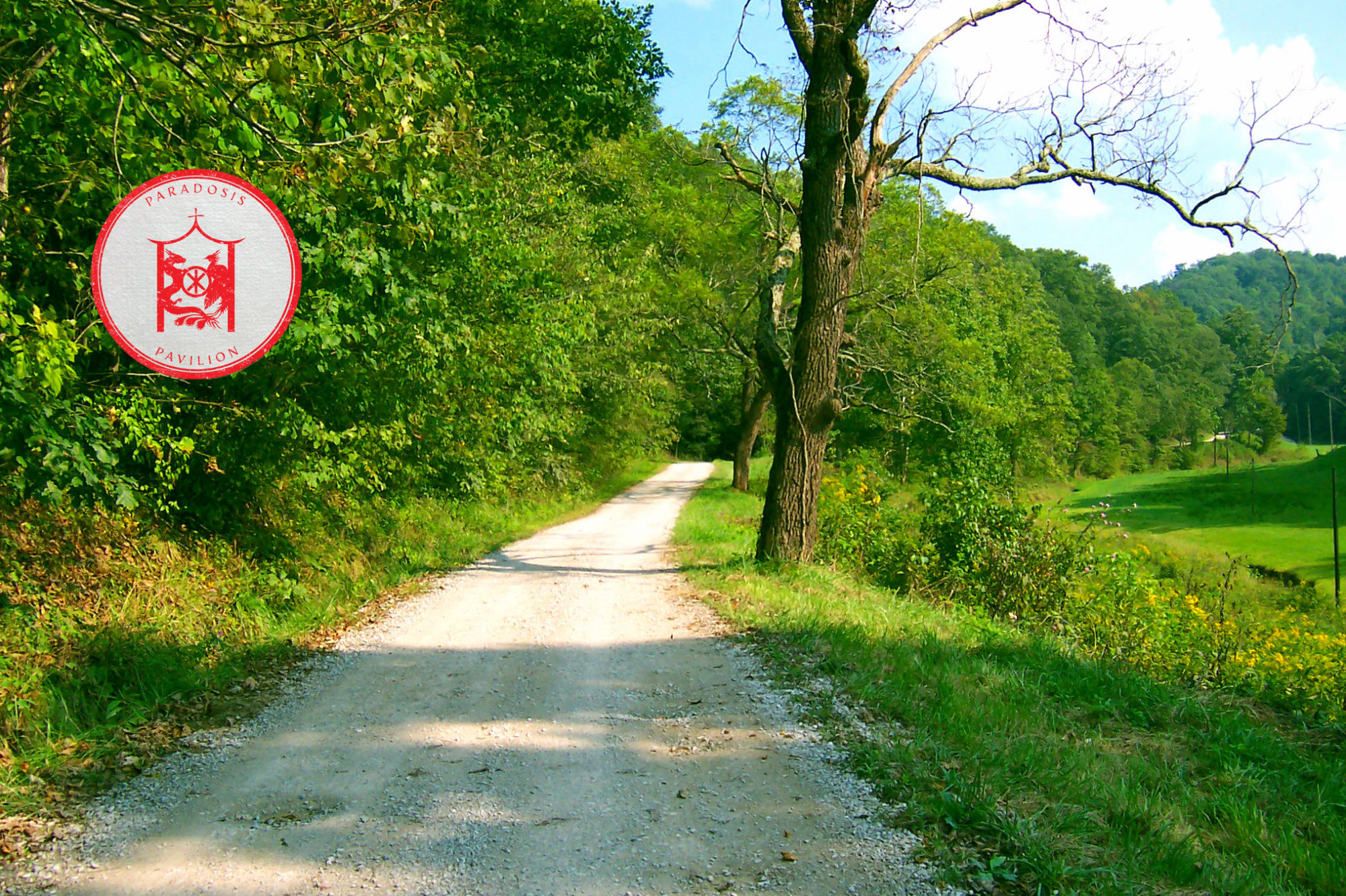![]()
Read: Genesis 1.1 – 2.3
In the beginning, God created the heavens and the earth.
These are the first words of the Book of Genesis, the first book of Holy Scripture. If you try to analyze the Genesis text as a scientific treatise, a mythological fairy tale, historical fiction, or just an example of world religious literature alongside the creation stories of other cultures, the inner meaning of this Book will escape you.
Genesis is Holy Scripture, through which the God Who created everything that exists out of nothing, Who fills all things, and Who, being present everywhere at once, moves all things, reveals something about Himself and us in simple human language. Genesis gives us a peak into the depth of reality that our rational minds cannot reach. It is a window into the Mystery. Genesis first shows us our universe in a far different condition than the one we know, which we can’t even comprehend because it’s so foreign to our experience. Then, the book moves on to describe the universe as we know it now with both beauty and ugliness, life and death. As a sacred painting (an icon) portrays an event in the past symbolically, not as a photograph, the story of creation in the Book of Genesis is an icon in words rather than paint.
Genesis begins by introducing us to our Creator. Before God created, nothing existed, but the Uncreated One Himself – the One God, Who is without beginning or end. He created everything in existence – time, space, matter, energy – everything – from the tiniest subatomic particle to the vast array of galaxies, both already know and yet to be discovered, as well as the invisible spiritual dimension of reality inhabited by angels and demons.
God created by his Word, that is, by His Tao. Another way of putting it is that God the Father created through His Son. The One God is Father and Son together. The Father has always been the Father because His Son has always co-existed with Him.
In the beginning, the Holy Spirit of God hovered over the waters at creation. This Holy Spirit, who is also Uncreated with the Father and the Son, cooperated with the Father and Son in the work of creation. These Three are One God. However the Father is God, the Son is God and the Holy Spirit equally is God. The Three are distinct from one another since the Father is not the Son nor is the Son the Father, yet the Three cannot be divided from their indescribably united as One. As you can tell if you try to wrap your rational mind around it, God is a Mystery. We know nothing about God, except what He reveals to us.
With these first simple words, In the beginning, the Story of all existence unfolds. The Creator gives existence to everything that exists and life to everything that lives. The contours of the planet’s surface and living beings to inhabit it, from simplicity to complexity, emerge at the command of the Creator. The grandness of creation inspires us to stand in awe and wonder of the beauty of the Earth and vastness of the universe.
Your own story as an individual human being doesn’t just begin with your birth, but here in the beginning. The Uncreated One said, “Let us make the human being according to our image and our likeness.” Notice here that (1) the One God referred to Himself as us and also (2) that the human being is special among all the creature of the universe. God made our first ancestors after His Image and granted them the potential to become like God, as far as it is possible for a creature to be like the Creator.
We see that God made humanity male and female. In their humanness, the man and woman are equal. However a man a human being, a woman a human being equally. They are equal in their humanness, but not the same. They are different and distinct from each other so that in their difference one might compliment and complete the other.
The man and woman were commanded to be fruitful and multiply, to fill the earth, and to oversee it. God appointed them as benevolent caretakers and priests over creation on the Way of spiritual progress toward perfection, becoming more and more like God.
Through this first chapter of Genesis, you can begin to learn Who God Is and who we really are. We learn also about our relationship to God, our relationship to each other, and our relationship to the creation around us.
In this first part of the Story, we see a distant panoramic view of the whole creation, but the second part of the Genesis story takes us in for a close-up, focused view on our human origins and the life of our first ancestors in the Garden of Paradise.
Text copyright © 2017 by Fr. Symeon D. S. Kees



